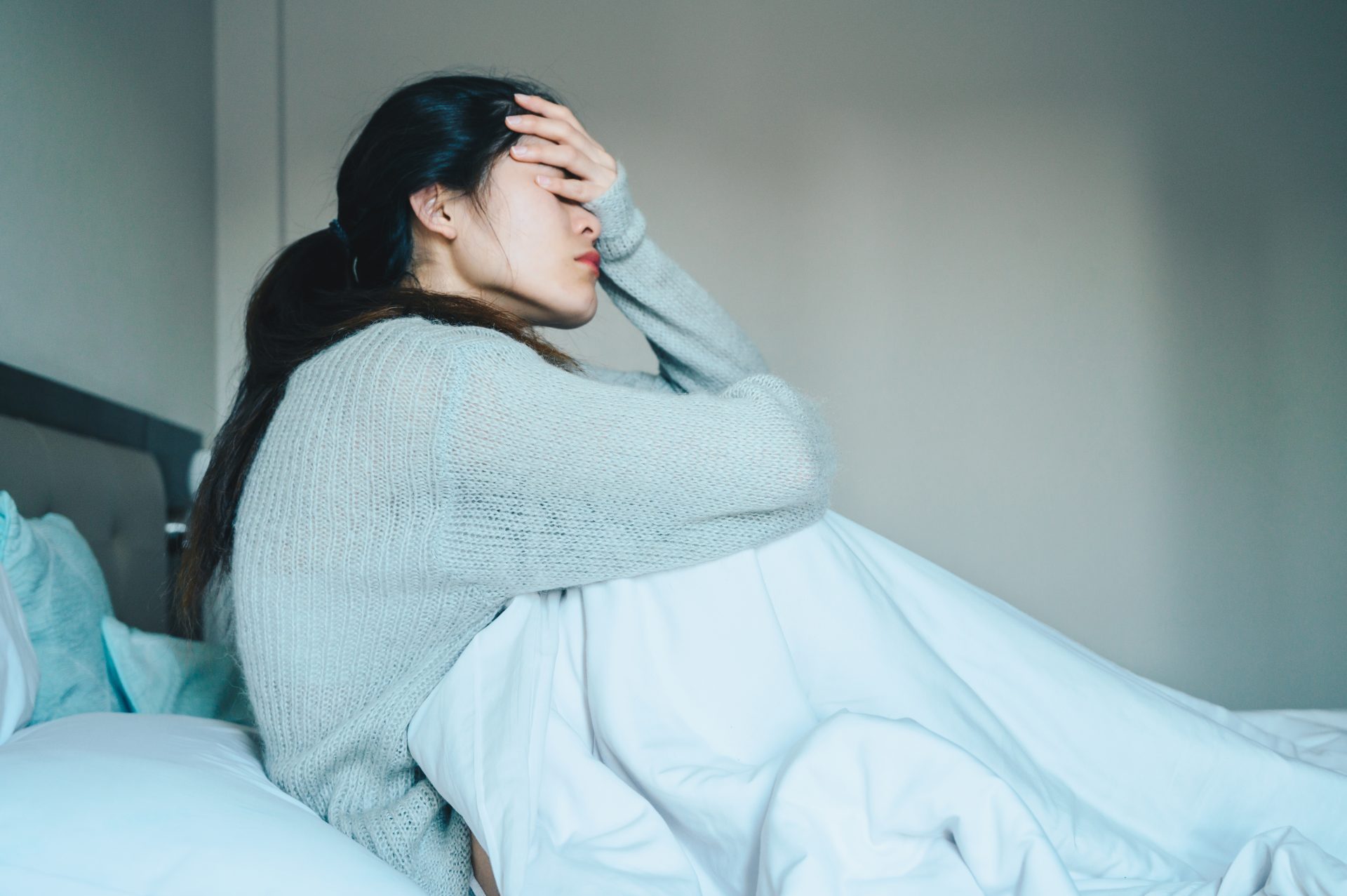Your chronic stress could actually be stopping you from getting sick – until you take a break.
You don’t expect to be sniffling in 35°C heat, but that was how I found myself last October in blisteringly sunny Seville. My sinuses were blocked to the point of pain, my eyes were leaking and just one sangria rendered me desperate for a nap (much to the shame of my friend and travel companion).
It happens every year – I manage to go, go, go and then when I finally stop, it’s as though my entire immune system unravels and floors me. More often than not, my breaks involve at least one day spent feeling run down.
When I complain about it to my friends, they nod along with similar stories of sickness or illness during their longed-for holidays. But why is it so common to feel unwell during the one time we’re actually looking after ourselves? Is it an imagined illness, is something up with our immune systems or is it totally normal?
You may also like
Feeling run down? Here’s why you need a fitness self-care day
“There’s quite a lot of evidence that people feel unwell when they take a break from their usual lives,” says GP Dr Sarah Jarvis. “Interestingly, there’s a very well known phenomenon of ‘weekend migraines’, where people suffer from severe migraines on their days off, rather than the days they’re on.”
The most likely reason? We stop masking chronic stress when we’re on holiday.
“Stress in the short term is a good thing. Ramping up adrenaline that puts you in fight or flight mode is an evolutionary occurrence to help you run away from the tigers or to fight for food. In the long term, stress leads to high levels of cortisol which can affect your immune system,” Dr Jarvis explains.

Many of us live in states of chronic stress, trying to schedule in our busy jobs, hectic social lives and intense workout schedules into our 24 hours. We often don’t take time to rest day-by-day and instead work towards larger chunks of rest, be it weekends or weeks off work.
“By the time you get to them, you’re usually very, very overworked and overtired and your immune system is working under par. When the stress drops off and your cortisol levels suddenly drop, it can make a real difference to your immunity and your sense of self,” says Dr Jarvis.
Not only are you more prone to picking up colds and flu, but when you step out of the fight-or-flight mode, you notice things about your body that your stress state was masking. Studies show that high cortisol rates increase pain threshold, enabling us to keep pushing through minor headaches, sniffles or backaches without noticing.
You may also like
What is cortisol and how can exercise impact levels of the hormone?
A change in routine is also enough to put your hormones out of balance. “Travel and particularly changes in time zones can affect your levels of melatonin,” says Dr Jarvis. “That impacts your sleep schedule, your nutrition habits and your activity levels, which can change how well your immune system works.”
Studies show that melatonin can regulate the activation of the immune system, helping to reduce chronic and acute inflammation. Pair a change in these hormones with exposure to germs on trains or planes and it’s almost a recipe for being run down.
How to stop getting sick on holiday
The most obvious solution is to not get intensely stressed out before your trip away. That’s easier said than done, as we often overcompensate for the days we’re off by doing more work in the lead-up. “Planning in advance is the best way to limit stress – you shouldn’t be worrying about micromanaging or delegating when you are away,” says Dr Jarvis.
“Also try to maintain a healthy balance and get enough sleep during your break. If you are someone who regularly exercises, try to maintain activity levels and use your time off to catch up on sleep to support your immunity.”
With a holiday on the cards for me, it will be a test as to whether I can keep calm before going away to really reap the benefits of my break. Project healthy holiday is on.
Images: Getty
Source: Read Full Article
